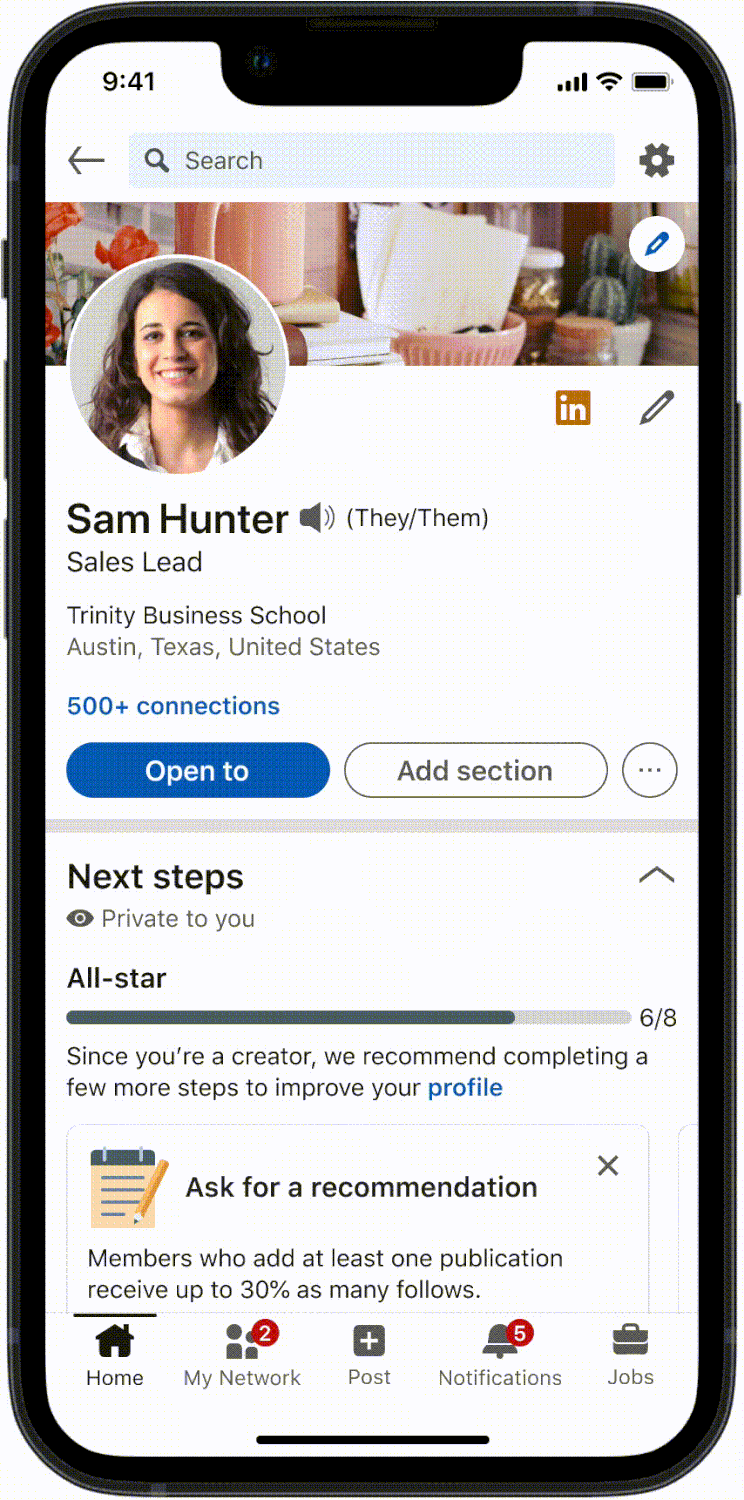Honest Email Auto-Responses
/The New York Times published a series of automated email responses that let senders know why the receiver will take a while to reply or will not replay at all. Each explains a mental-health reason, for example, vacationing or recovering from a miscarriage. Some are funny, like this one:
Thanks for your email—but unfortunately, I’m rocking in a corner somewhere trying to find my inner peace. As soon as I’ve found it, I’ll be back at work, so please bear with me.
Alain Sobol, Sharm el-Sheikh, Egypt
Generally, I like the idea. The responses are honest and demonstrate integrity, vulnerability, and authenticity. A few of the examples might be “TMI” (too much information), but that’s for each receiver to decide.
Students can draft their own responses, but I’ll add a word of caution: these shouldn’t be overused. How much senders will tolerate depends on the situation and relationship. If an email is important, the sender needs alternatives, which I don’t see in the NYT examples. A time estimate or someone else to contact would be appreciated.

















